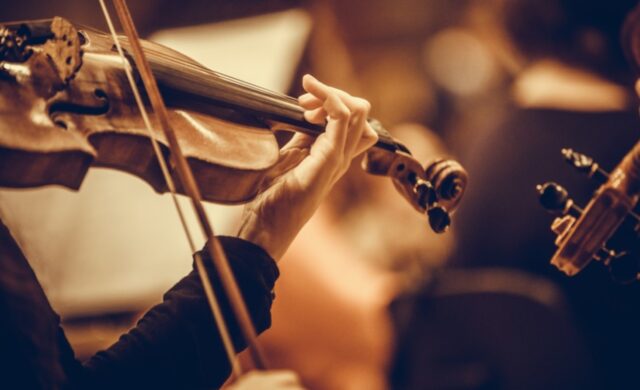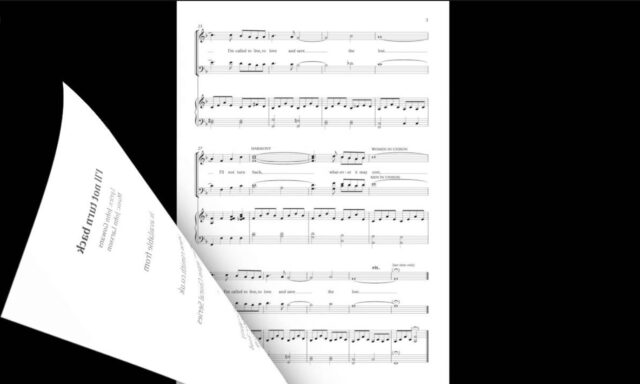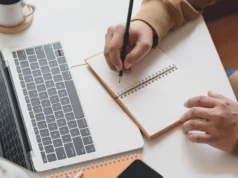
Students love listening to music and do it everywhere: before and after classes, at home, at parties, and just on the go. It helps to get relaxed after a long day or cheers you up when you feel sad, and these are just two of its best qualities among many benefits you can receive. While teachers don`t consider music good for an educational process, it can become quite useful too. According to writers at Writepaperfor.me and other student-related services, music does help you focus and perform the tasks more effectively than if you studied in silence. Believe it or not, but studying with the right type of music, you can feel less tensed up and increase your results. In this guide, we will reveal all the secrets.

The connection between music and brain
Just admit it, nobody likes to study. Mark from Homeworkfor.me tells us that the majority of students prefer to use different academic helping services to handle their homework because they cannot cope with all the workload they receive in college. However, one experiment proved that it is much easier to spend time over books when you listen to your favourite music which instead of distracting makes you even more productive and focused. That sounds cool, doesn`t it? Imagine: you just sit back, put on your headphones and concentrate on your project or presentation. When your mind is relaxed, the work is going faster.
What do researchers say about the connection of music to our brain? Unfortunately, the so-called Mozart effect didn`t make it through. It was proved that there is no specific genre or composer that can boost our intellectual powers (in case you have been suffering from sonatas for a while, we recommend to stop trying and switch to more casual music). However, the connection does exist and even has a name – a tabloid-created table. A famous psychologist Francis Rauscher is sure that this connection can improve some cognitive skills of our brain for a small period of time (around ten minutes).
The scientist also believes that the choice of music depends on a particular person and their tastes. She says that if you hate Mozart and his sonatas, it is unlikely that they will make you smarter. If you like Black Eyed Peas, you are going to experience a Black Eyed Peas effect. Another researcher Nick Perham recommends listening to music when you study as it encourages serial-recall skills, and it doesn`t matter whether you like music or not. There are different viewpoints on this topic, but there is one thing in common: music during your studies really makes you more relaxed, excited and productive.

Values of music for education
If you listen to music not after but during your studying process (we don`t mean turning on rap when your teacher explains the topic but rather some home assignments and exams preparation), you may discover that you study faster, concentrate easier and even enjoy what you are doing. Thus, you learn and remember information more eagerly. What exactly does music do?
- It makes your mind relax;
- You feel less stressful when hearing familiar chords;
- It improves your focus;
- You become more productive;
- You are less distracted to other things;
- It improves your endurance and performance in stressful situations (like deadlines and exams week).
Even though music is universal, tastes differ so when choosing the best genres or compositions to study; you need to rely on your playlist. Songs that help other people relax can have an opposite effect on you, so you need to choose wisely. However, there are particular music genres that are good for the majority of people. If you are hesitating, try one of these when you start doing your homework next time:
1. Classical music

Even without a Mozart effect, this music works perfectly by boosting your mind and helping you cope with Math. You can decide that this is definitely not your thing but just try it first. It doesn`t need to be Mozart necessarily (we talk a lot about this guy really, but even Einstein loved it and used his music to make discoveries). What about Handel, Bach, Vivaldi or Beethoven? These guys are known for writing 60 beat compositions that impact our brain and dramatically reduce stress and anxiety. You can also try Baroque melodies that are a popular choice to achieve relaxation and concentration;
2. Natural sounds

You already know that classical music benefits your test results and creativit, raises IQ and reduces the time of learning. Meanwhile, these sounds impact your brain directly and improve your concentration. For example, if you have to study in a noisy dorm room or library, you get irritated and annoyed. Listening to nature in your headphones, you can calm down and focus on your studies imagining that you are somewhere in the woods, by the lake or in the mountains. Such music is good for enhancing the cognitive functions and concentration while it also hides voices and other sounds that may distract you;
3. Not lyrics

The fewer words there is in a song, the better it works when you try to study. It is perfect for reading or writing papers, as you can stay focused on what you do. It can be some electronic music or melodies that can help you relax.
The key thing here is to create your playlist that you will be using when you study. We suggest to do the following:
- Prepare it in advance;
- Exclude songs and sounds you don`t enjoy or which make you bored, unhappy or uncomfortable;
- Keep it around forty minutes and take a break after;
- Don`t listen to the radio as dialogues can distract you;
- Listen to it at a medium sound level.
The impact of music on people cannot be underestimated. To study well, you don`t need to keep silence anymore: just choose calm and relaxing melodies (or rock compositions if they help you get focused) and enjoy listening to them while you are working on a presentation, paper or project for your major. Music increases your mood, motivates you and encourages you to be productive. Once you build your playlist, you can study longer and more involved than ever before.









